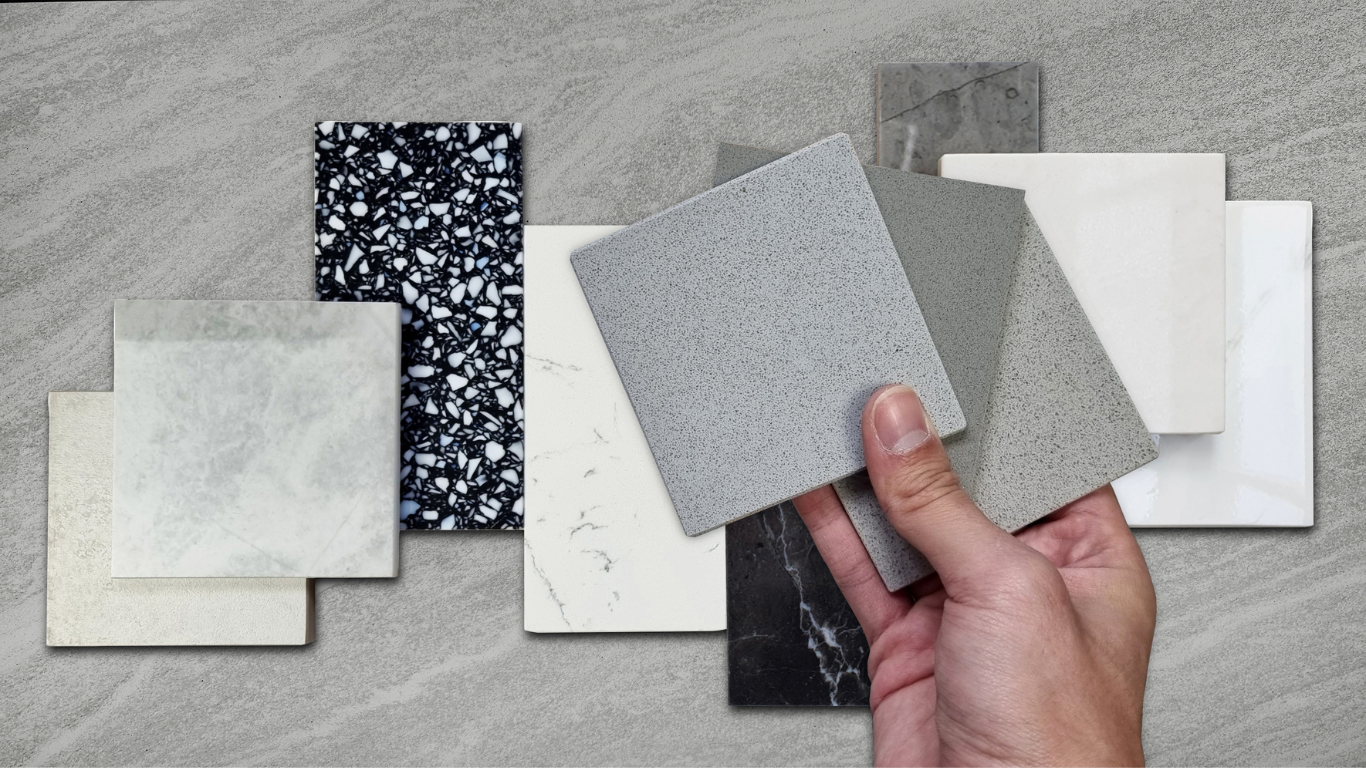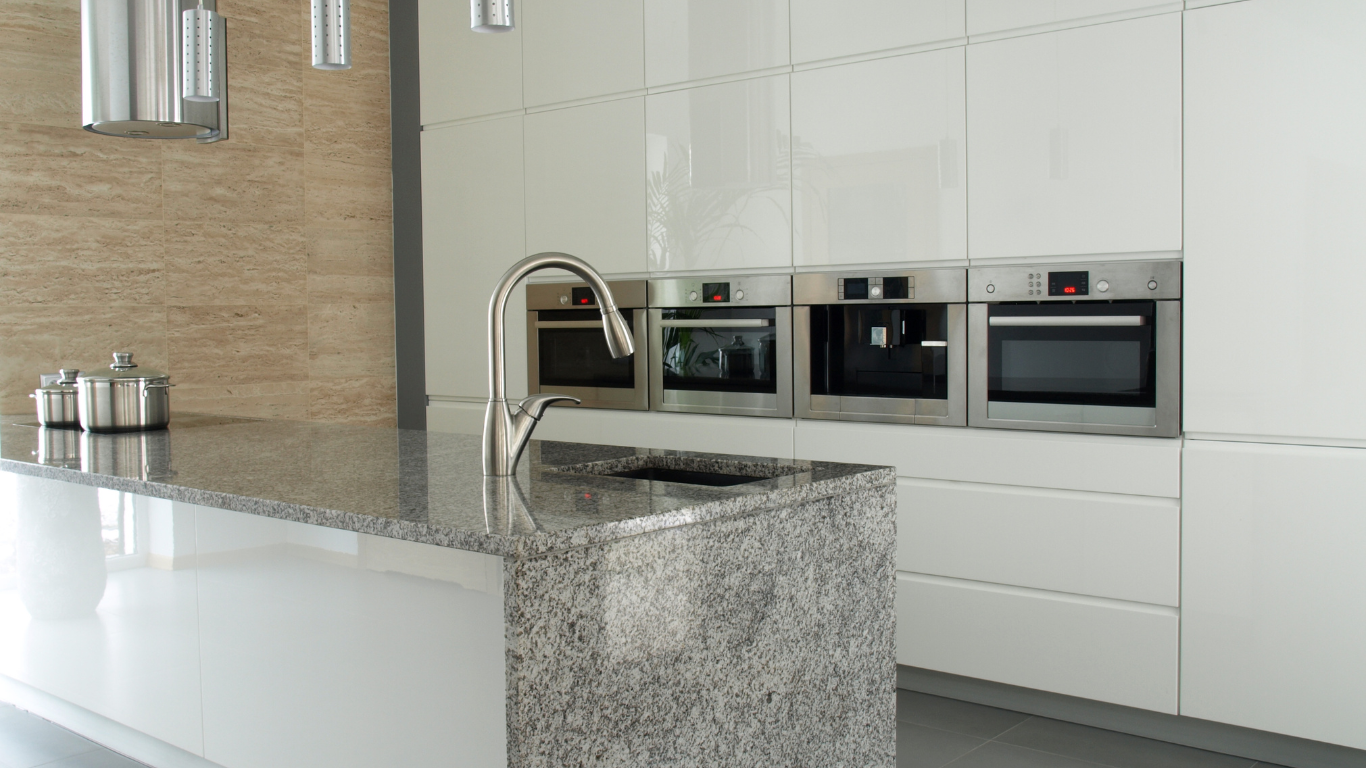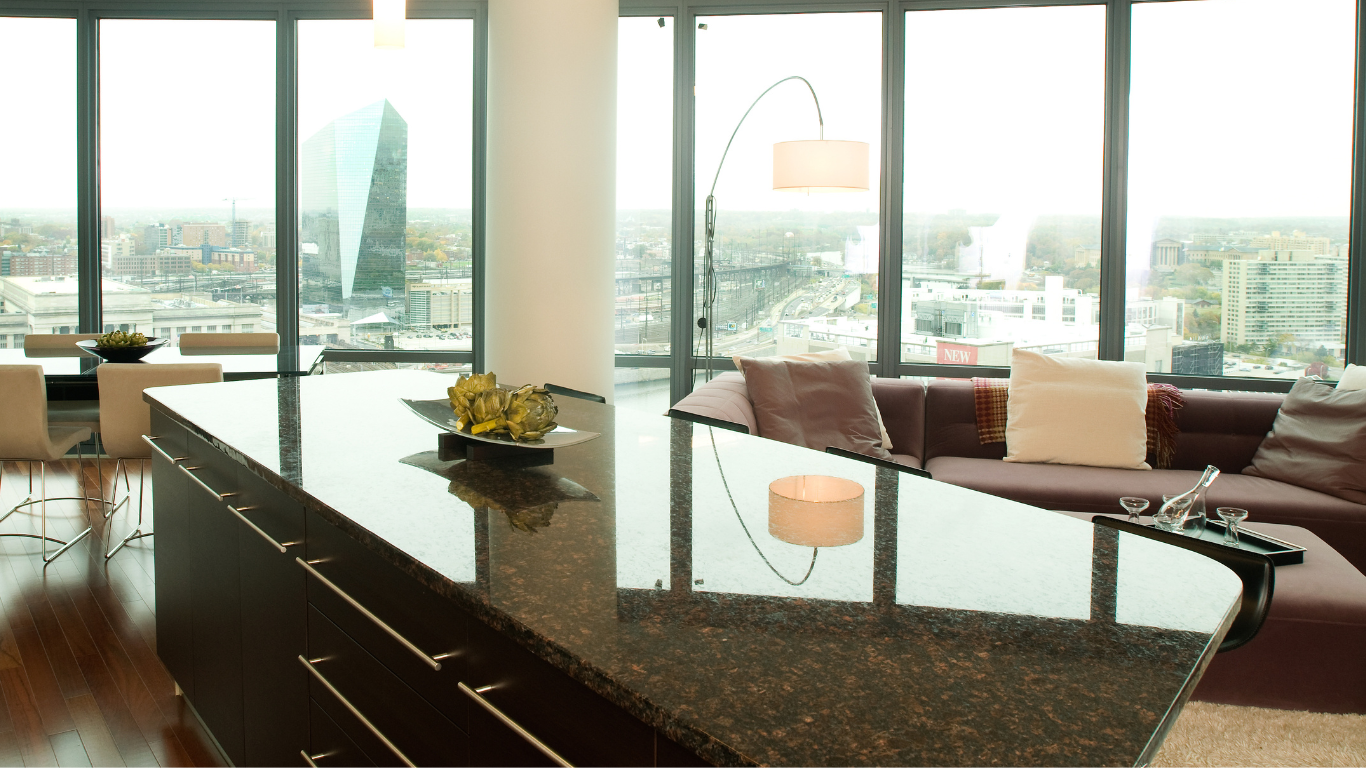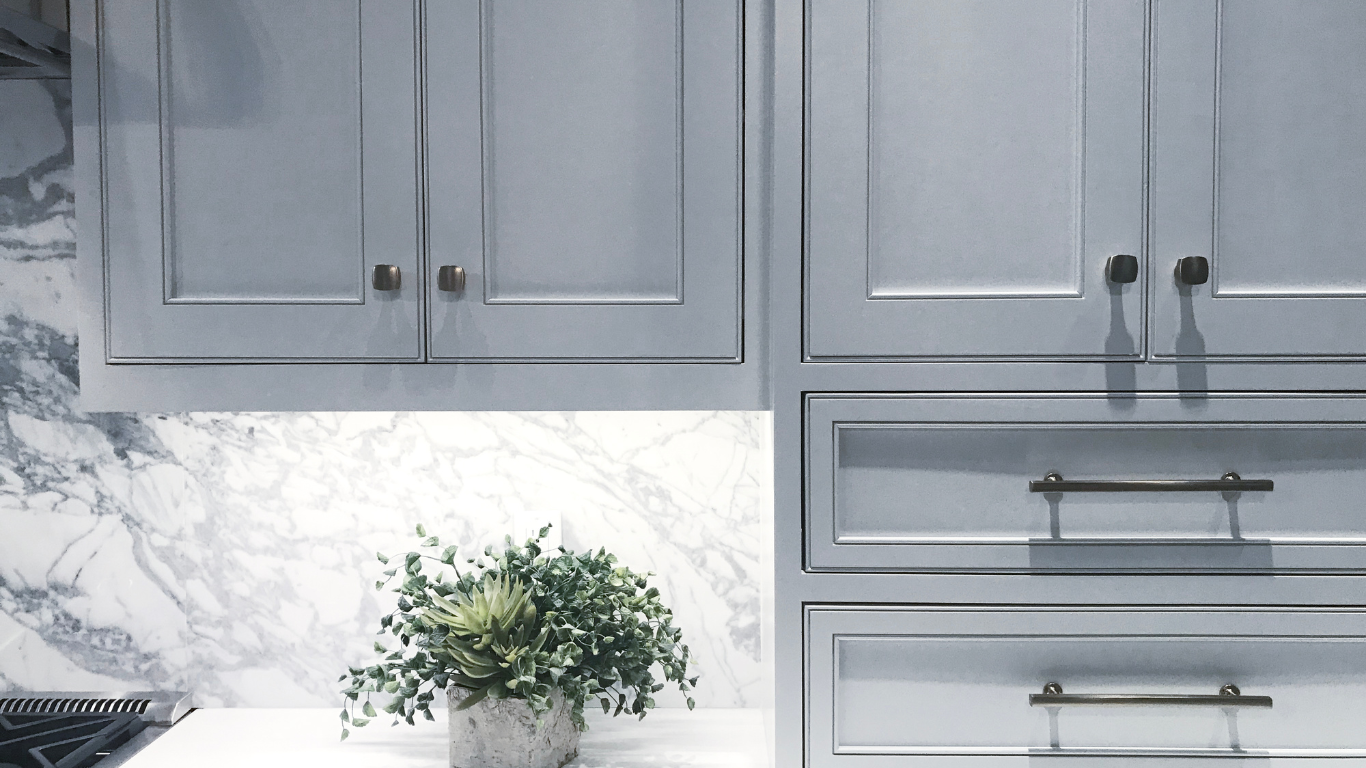Eco-Friendly Countertops: Sustainable Choices for Your Home
Eco-Friendly Countertops: Sustainable Choices for Your Home

Integrating sustainable countertops in interior design and architecture is a vital step toward merging aesthetic appeal with environmental responsibility. These eco-friendly surfaces, made from recycled glass, bamboo, and concrete, offer both style and durability while reducing environmental impact. Recycled glass countertops are notable for their unique aesthetics and reduced carbon footprint. As a rapidly renewable resource, bamboo brings a natural warmth to spaces, fitting well with various design themes. Concrete, reimagined with recycled components, provides a bespoke, customizable option.
Additionally, advancements in eco-friendly composites and solid surfaces offer versatile, durable alternatives that mimic natural materials. For professionals in design and architecture, choosing sustainable countertops enhances a space's beauty and aligns with the growing demand for green living, reflecting a commitment to responsible, environmentally conscious design.
Why choose sustainable countertops? It's like choosing a reusable coffee cup over a disposable one – a small change with a significant impact. Sustainable countertops reduce environmental impact and offer innovative and aesthetically pleasing options for modern homes.
The Material Matters: Eco-Friendly Options
The heart of sustainable countertop services lies in the material. Options like recycled glass, bamboo, and paper composite aren't just talking points; they are the future of eco-friendly design.
Recycled Glass: A Shimmering Choice
Recycled glass countertops offer a kaleidoscope of possibilities. They're made from post-consumer glass, melded into a dazzling, durable surface that's as unique as your design vision.
Bamboo: Nature's Countertop
Bamboo, a rapidly renewable resource, offers a warm, wooden aesthetic with a green twist. It's perfect for clients who want a touch of nature in their urban oasis.
Paper Composite: The Unexpected Contender
Surprise your clients with paper composite countertops - a dark horse in sustainable design. Made from recycled paper, these countertops are surprisingly durable and sleek.
The Durability Debate: Long-Lasting Choices
Sustainability isn't just about materials; it's also about longevity. Durable options mean fewer replacements and a longer lifespan for your designs.
Installation Insights: Partnering with Professionals
Partnering with the right countertop services ensures a seamless installation process. It's about finding that perfect match between your vision and their expertise.
Cost Considerations: Budgeting for Sustainability
Navigating the costs of eco-friendly countertops can take time and effort. It's a balancing act between sustainability and affordability – but the long-term benefits are priceless.
Maintenance and Care: Keeping It Green
Maintaining sustainable countertops is critical. Proper care ensures these surfaces can stay beautiful and eco-friendly for years.
Customization: Tailoring to Client Needs
Each client is unique, and so should be their countertop. Customization is not just about size and shape; it's about crafting a sustainable story in each home.
The Future of Sustainable Countertops
The future is green, and countertops are no exception. Stay ahead of the curve by exploring emerging materials and technologies in sustainable design.
Navigating Client Preferences
Every client has a vision. You guide them through sustainable options that align with their aesthetic and environmental values.
Balancing Aesthetics and Sustainability
Finding the sweet spot between style and sustainability is an art. It’s about creating a space that resonates with the environment and the client’s taste.
The Impact Beyond the Kitchen
Sustainable countertops go beyond the kitchen. They're a statement about the client's commitment to the environment, resonating throughout their space.
To Wrap It Up
Embracing sustainable countertop options is more than a trend; it's a responsibility. As designers and architects, it's up to us to pave the way for eco-friendly living spaces.



